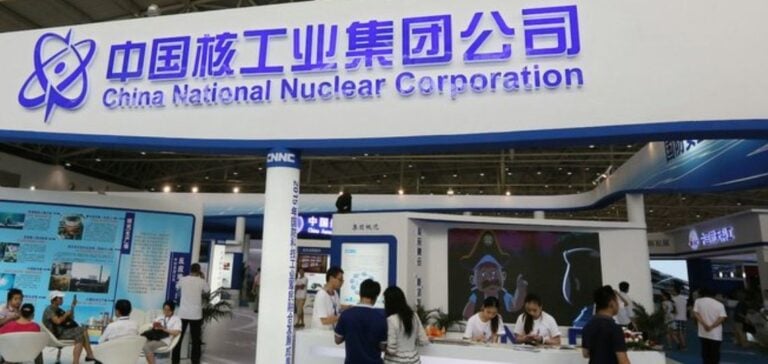CNNC (China National Nuclear Corporation) and ENEC (Emirates Nuclear Energy Corporation) signed a memorandum of understanding in Beijing to strengthen their strategic cooperation in the peaceful use of nuclear energy. The agreement is part of a wider bilateral partnership on civil nuclear power between China and the United Arab Emirates, signed in the presence of Presidents Xi Jinping and Mohamed bin Zayed Al Nahyan. The MoU provides for collaboration in a number of key areas, including short- and long-term nuclear fuel supply, sharing of best practices in the operation and maintenance of civil nuclear facilities, and environmental protection. The two companies also plan to cooperate on the development of new nuclear power plants, research and development, and to explore future areas of cooperation for benchmarking and knowledge sharing.
Focus on R&D and advanced technologies
Research and development will play an important role in this partnership. CNNC and ENEC plan to jointly explore the development of a nuclear technology center, to cooperate on Generation IV reactors and hydrogen production technologies, and on the use of nuclear energy for seawater desalination. This agreement builds on previous cooperation initiatives between the two companies. Last December, at COP28, CNNC and ENEC had already signed a memorandum of understanding concerning collaboration on new nuclear power plants in third countries and the deployment of advanced reactor technologies. On the same occasion, another agreement was signed to explore opportunities for cooperation in the development of HTGR reactors and their potential deployment in other countries.
Consolidating ties with EDF
At the same time, CNNC also signed a comprehensive nuclear power cooperation agreement with French giant EDF, at a meeting between CNNC Chairman Yu Jianfeng and EDF CEO Luc Rémont. A special agreement on the construction of advanced nuclear power plants was then initialled by representatives of both groups. This agreement aims to further strengthen Sino-French cooperation in various nuclear-related fields, in order to contribute to both countries’ carbon neutrality objectives. It also marks a new stage in EDF’s 40-year presence in the Chinese market, on the occasion of the 60th anniversary of diplomatic relations between China and France. Nuclear cooperation thus appears to be one of the most stable pillars of the strategic partnership between the two countries. This agreement opens a new chapter of global, multi-sector and in-depth collaboration between CNNC and EDF, with expected benefits for global nuclear governance and economic and social development in China and France.
Nuclear energy is increasingly asserting itself as a key component of the international energy transition. These cooperation agreements between major players such as CNNC, ENEC and EDF testify to the desire to pool efforts and skills to meet the challenges of deploying this low-carbon energy, while maintaining the highest standards of safety and sustainability. They also pave the way for new synergies in the development and export of advanced nuclear technologies, to help decarbonize the global economy.






















